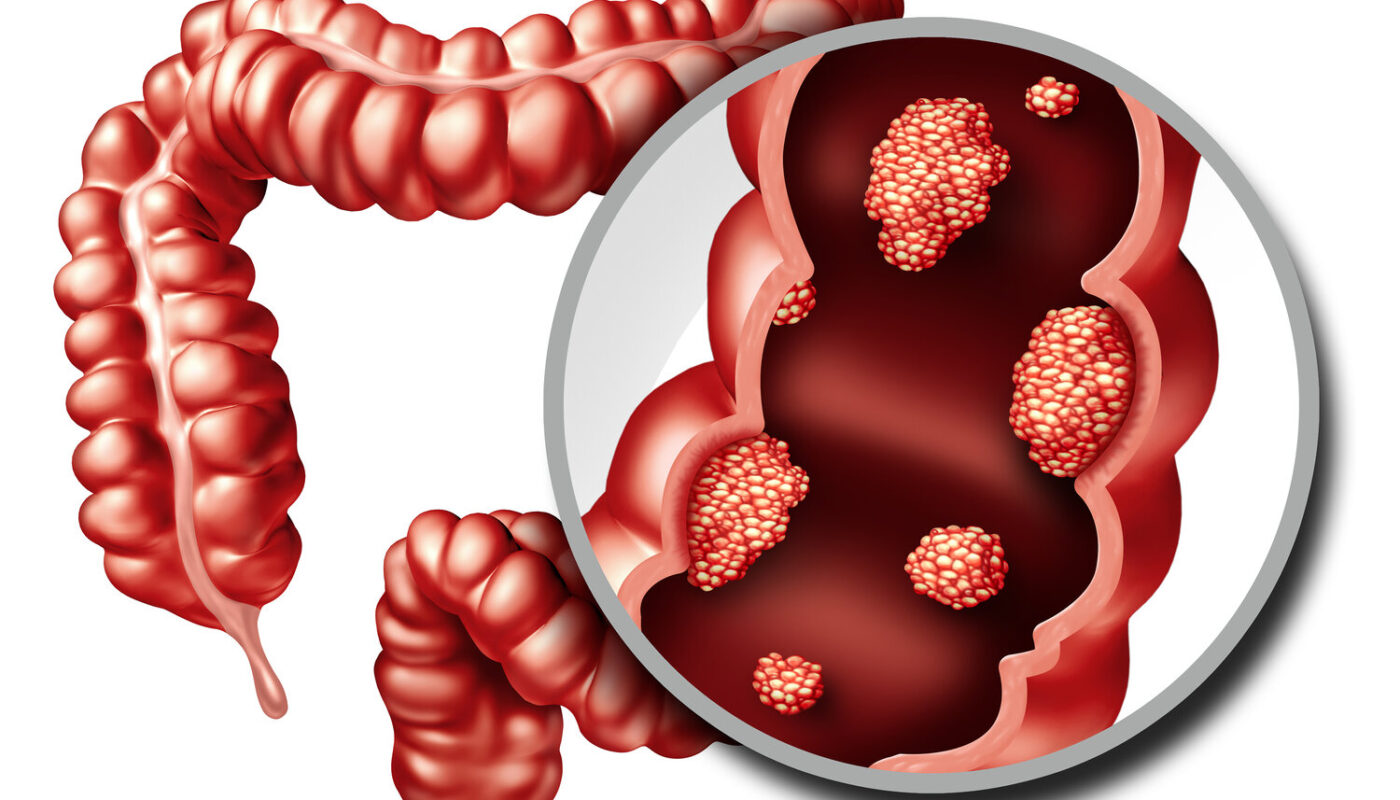According to the latest report from the American Cancer Society in 2024, there has been a significant increase in colorectal cancer diagnoses among young Americans and people of color. This surge in cases has made colon cancer the leading cause of cancer-related deaths for men under 50 and the second most deadly cancer for women under 50.
Dr. Folasade May, a cancer prevention researcher and gastroenterologist at UCLA Health, expressed concern over the alarming statistics. Since 1995, there has been a 45% rise in colorectal cancer cases among individuals under 50, prompting the U.S. Preventive Services Task Force to lower the recommended age for the first screening from 50 to 45 in 2022.
Experts are calling for improved screening measures for younger patients to address the increasing prevalence of colon and rectal cancers in this age group. While the exact reasons for the rise in cases among individuals under 50 remain unclear, lifestyle factors such as obesity, alcohol consumption, and tobacco use, as well as early-life factors like breastfeeding and antibiotic use, may play a role.
In addition to the rise in cases among young adults, Americans of color, particularly Black individuals and Native Americans, face higher risks of colorectal cancer. African Americans are about 20% more likely to develop colorectal cancer and 40% more likely to succumb to the disease compared to other groups. Historical disparities in access to preventive care, screening, and treatment may contribute to delayed diagnosis and poorer outcomes among minority populations.
Hispanic and Asian Americans also face challenges in colorectal cancer screening, with lower screening rates compared to white Americans. To reduce the risk of colorectal cancer, individuals are urged to adhere to recommended screening guidelines, which may include stool sample tests, sigmoidoscopy, or colonoscopy. Screening is especially crucial for individuals with a family history of colorectal cancer, as nearly 30% of cases in individuals under 50 are linked to genetic mutations or family history.
Despite the importance of early detection through screening, many young individuals fail to undergo screening tests, leading to late-stage diagnoses and poor survival rates. Dr. May emphasized the need for increased awareness and access to screening tests, particularly among minority populations.
Recognizing the symptoms of colorectal cancer, such as blood in the stool, unexplained weight loss, or changes in bowel habits, is crucial for early detection and improved outcomes. Early screening and prompt medical attention can significantly reduce colorectal cancer-related deaths, underscoring the importance of regular screenings throughout life.
*Note:
1. Source: Coherent Market Insights, Public sources, Desk research
2. We have leveraged AI tools to mine information and compile it.



